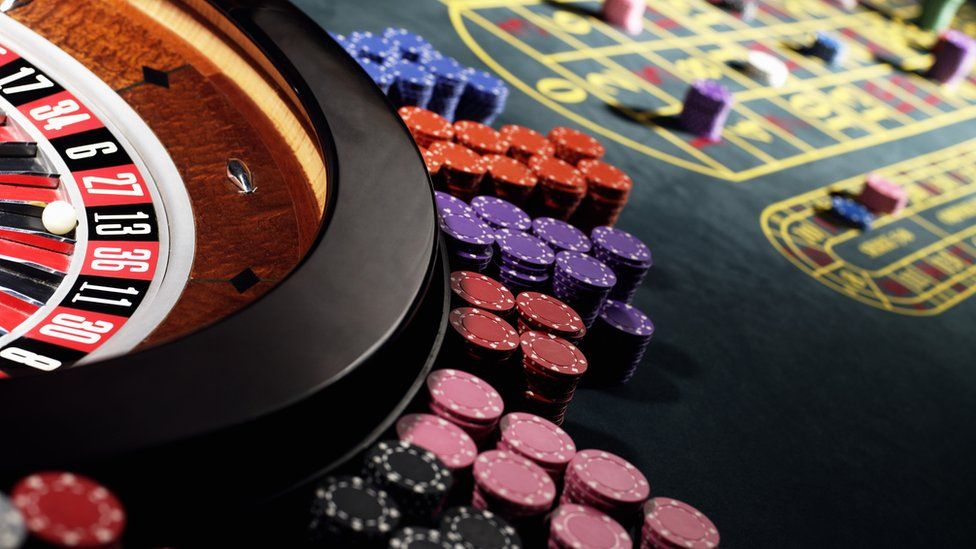Casino experiences have long captured the interest of people around the globe, becoming an essential part of both leisure and society. From the shimmering lights of Las Vegas to the immersive experience of online gaming, these activities evoke excitement, uncertainty, and sometimes even a sense of nostalgia. They are beyond simply pastimes; they have woven themselves into the fabric of society, influencing everything from cinema and melodies to style and writing.
The charm of casino games goes beyond the gambling aspect, tapping into larger themes of serendipity, risk, and human behavior. As players gather around a card table or turn the roulette, they engage in an age-old ritual that connects with our shared desire for adventure and uncertainty. This obsession has led to the rise of countless references in films, tracks, and video games, showcasing how intensely entrenched these games are in mainstream culture. Whether it is the intense drama of a legendary caper or the lively nightlife portrayed in videos, casino games have carved out a substantial place that reflects our relationship with reward.
Social Significance of Casino Activities
Gambling activities have played a crucial role in cultural aspects throughout history. Stemming from ancient societies, games of chance were often linked to ceremonies or gatherings. For instance, early iterations of these activities can be linked back to historic Chinese and the Roman Empire, where die games and wagering on results were popular pastimes. These activities not only functioned as entertainment but also as means of social interaction, facilitating relationships among people within communities.
As cultures evolved, so did the sophistication and structure of casino games. The establishment of formal casinos in the 17th century, particularly in Italy, marked a significant shift in how games were viewed and structured. With designated spaces for gambling, the casino became a community center where patrons from various backgrounds gathered. This change contributed to the validation of the industry, transforming it from a mere pastime into an organized industry that influenced the economy and regulations.
The effect of gambling activities on popular culture cannot be overlooked. As they were popularized in books and film, games such as Texas Hold’em and blackjack became icons of risk, luck, and tactics. Famous characters and narratives have emerged around these activities, reflecting societal attitudes towards luck, prosperity, and vice. This fascination with gambling games has permeated various forms of entertainment, cementing their status in the collective consciousness and linking them to broader cultural narratives throughout the ages.
Representation of Casino Games in Entertainment
Gambling games have long been a popular theme in different types of entertainment, reflecting both the thrill and complexities of gambling culture. Films such as Ocean’s 11 and Casino Royal portray individuals who navigate intense situations, showcasing not only the attractiveness of the casino atmosphere but also the strategies and decisions that come with playing popular games like Texas Hold’em and 21. These films often dramatize the exhilaration of winning and the potential results of losing, encapsulating the dangers involved in gambling.
Television shows have also explored the world of gambling activities, often integrating them into the narrative as a backdrop for character development and conflict. Shows like Las Vegas depict the lives of gambling employees and patrons, highlighting the lively, often disorderly energy of the gaming floor. UU88 Docuseries featuring high-stakes gambling competitions further emphasize the appeal of gambling activities, drawing viewers into the tension and tactics involved in each round. Through these portrayals, media not only engages but also sparks conversations about fortune, skill, and the nature of chance.

Gaming have increasingly integrated gambling activities into their development, allowing players to simulate the feeling of betting without monetary loss. Games within the domain of online gaming often include virtual slots, poker, and other popular casino games, creating an immersive gameplay that mirrors real-life gameplay. These digital representations make casino games accessible to a worldwide viewer base, appealing to both risk-takers and those who enjoy the thrill of simulation. As a outcome, the portrayal of casino games in entertainment continues to shape public perception and cultural significance, highlighting their role in society and culture.
Impact of Gambling Activities on Communities
Gambling activities have a meaningful effect on society, influencing multiple facets of societal norms and interpersonal behavior. They often serve as a platform for social interaction, where people gather to enjoy a shared experience. Game nights with friends or visits to casinos become social activities that foster connections and create shared moments. This collective aspect enhances the entertainment value of casino games, making them a favored choice for festivities and leisure activities.
Moreover, casino games have been portrayed in numerous films, television shows, and literature, influencing views and opinions towards gambling and gaming. Icons like James Bond playing baccarat or the high-stakes poker scenes in films have embedded these games in the shared imagination. This representation often idealizes the lifestyle associated with casino activities, attracting new players and influencing trends in both fashion and behavior. These representations can spark curiosity and lead to a deeper investigation of the intricacies of gambling.
Nonetheless, there are also adverse implications associated with the popularity of casino games. The temptation of quick monetary gain can lead to problem gambling and economic troubles for some people. Society must contend with these issues, promoting responsible gaming and awareness of the risks involved. Balancing the fun aspect of gambling activities with the risks is crucial to ensure that they continue to be a positive aspect of our societal fabric.
ThểThao UU88